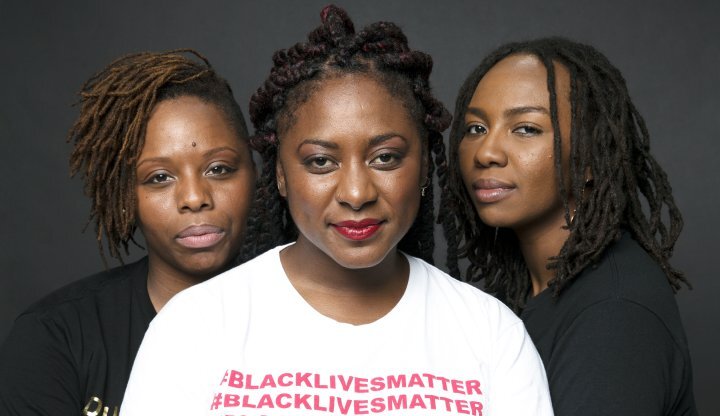Black Lives: Do Women’s Matter as Much as Men’s?
October is Domestic Violence Awareness Month and time for the annual conference of the National Coalition Against Domestic Violence, which oversees state coalitions and their shelters. This year, many sessions and panelists, as well as the keynote speaker, Mississippi poet Natasha Trethewey, have talked about the spike in domestic violence and homicide during the pandemic, and their too-frequent target: Black women.
The phrase “Black Lives Matter” was coined by a woman activist in Oakland, California, in 2003. The Black Lives Matter movement was founded by three women activists. Even so, according to the NCADV, more than 45 percent of Black women have suffered domestic violence, and more than 51 percent of Black female homicides are committed by intimate partners. So, one conference participant noted, since intimate partners usually are of the same race, “Black men are a significant danger to Black women.”
Some conference speakers noted that Black women did not ask for help, even when they needed it very badly, and when they did, they were silenced. One example cited is the rapper Megan Thee Stallion, who was shot in the feet on July 12, 2020, by her then-partner, R&B singer Tory Lanez. At first, she refused to name the shooter to protect him. When she did, social media called her a snitch.
Patrisse Cullors, Alicia Garza and Opal Tometi — pictured left to right — created the #BlackLivesMatter movement in 2013 in response to the acquittal of George Zimmerman in the fatal shooting of Trayvon Martin. blacklivesmatter.com
During the pandemic, abusers like Lanez are much more likely to have guns. Sales of guns have risen every month since March 20, as gun suppliers’ advertising has urged those sheltering at home to stock up on weapons and ammunition. Where there are guns in a home, the chance of an abuser committing homicide increases 500 percent. According to a speaker from Everytown for Gun Safety, states with the highest rates of gun ownership have a 65 percent higher rate of homicide by intimate partners. Everytown awarded Mississippi an F in gun safety laws.
All this is good cause for tears, but they flowed mainly during Natasha Tretheway’s keynote, during which Trethewey and Ruth Glenn, president/CEO of NCADV, both broke down, along with many listeners. Trethewey, born in Gulfport, has been Poet Laureate of Mississippi, as well as U.S. Poet Laureate twice, and winner of the Pulitzer Prize. In her new book, Memorial Drive, she tells her harrowing story: In 1985, when she was 19, her mother was murdered by her stepfather, whom her mother had divorced recently. He was a Black man.
Tretheway described being interviewed by a young woman, 23, whose mother had been shot by her father. “I heard my 19-year old self in her voice,” Trethewey said, wiping away tears. “I never get an opportunity to have a conversation with someone else who had a very similar experience.” She was impressed that her young interviewer was “already writing about it, volunteering with other victims of domestic violence.”
Trethewey said that when she wrote, she remembered British poet Percy Bysshe Shelley’s view that “poetry is a mirror which makes beautiful that which is distorted.” She believes that “the more you share (about domestic violence) and the more others relate,” the more the shame, stigma, and silence about abuse lessens.
I hope Black Lives Matter is listening.
Ann Marie Cunningham is a Columbia University Lipman Fellow for 2020 who will be working with the Mississippi Center for investigative Reporting. She is a veteran journalist/producer and author of a best-seller. Her work has appeared in The New York Times, Los Angeles Times, Technology Review, The Nation and The New Republic. Contact her at amclissf@gmail.com.


